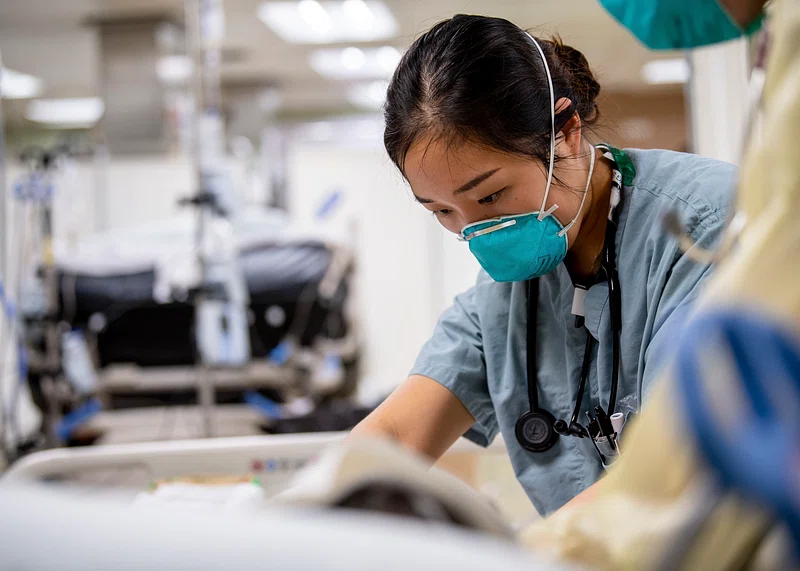Internal medicine focuses on delivering comprehensive and personalized care to patients. Internists, also known as internal medicine physicians, are uniquely equipped to handle a broad spectrum of medical concerns, ranging from common ailments to complex, chronic conditions. With a strong emphasis on prevention, diagnosis, and treatment, internists play a valuable role in supporting overall health and well-being. Here is some information about the key responsibilities and contributions of internists in the modern healthcare system.
Understanding Internists Roles
An internal medicine physician, or an internist, plays a key role in the healthcare system. Their extensive training enables them to diagnose, manage, and treat a wide range of medical conditions, making them versatile healthcare providers for adults. Internists serve as the first point of contact for medical care, addressing both acute and chronic concerns. They also focus on prevention and early detection to support long-term patient well-being. This makes them valuable partners in managing overall health and improving the quality of care.
Examining Comprehensive Diagnosis
Internists are skilled physicians trained to manage a wide variety of medical conditions, ranging from common issues like asthma and allergies to complex, chronic illnesses such as diabetes, arthritis, and heart disease. Their expertise lies in taking a comprehensive approach to patient care, focusing on both the prevention and treatment of illnesses. By maintaining a holistic understanding of their patients’ medical histories, lifestyles, and risk factors, internists can tailor treatments to address immediate health concerns while also working toward long-term health goals.
This personalized approach targets the root causes of ailments and provides more effective, lasting care. Internists also coordinate with specialists and other healthcare providers, offering a central point of guidance for patients managing complex health needs. Their broad medical knowledge and patient-centered strategies support overall wellness.
Highlighting Preventive Care
Preventive care is a key component of an internist’s role, focusing on maintaining and enhancing overall health. This includes thorough physical exams, regular health screenings, and lifestyle counseling tailored to individual needs. These proactive measures aim to identify and address potential health risks before they escalate into serious issues, helping patients achieve long-term well-being.
Beyond preventive care, internists manage complex or chronic medical conditions effectively. They work closely with specialists such as cardiologists, endocrinologists, and other healthcare professionals to provide integrated and effective treatment plans for patients. This collaboration reduces fragmented care, improves outcomes, and fosters better communication across medical teams.
Internists also act as patient advocates, overseeing all aspects of care. They coordinate treatments, address the unique needs of each individual, and pay close attention to every detail. By offering comprehensive support and personalized care, internists promote better health outcomes while building lasting relationships with their patients.
Find a Lifelong Health Partner
Internists care for adults at every stage of life. They treat everything from acute bronchitis in younger patients to chronic conditions like high blood pressure in seniors. By building lasting relationships, they gain a deep understanding of each patient’s medical history and health goals. This relationship and experience leads to better communication, helping patients make informed choices and focus on long-term wellness.
- Zirconia Cap Price: Estimated Cost & Its Long-Term Benefits
- FREHF – The Revolutionary Future Of Human-Centered Technology!
- Adsy.Pw/Hb3 – Boost Your SEO And Drive More Traffic!
- Fitness Based Vacations By Timeshealthmage.com!
- TimesHealthMag Tips For Improving Sleep Quality – Expert Advice For Better Rest!


Leave a Reply